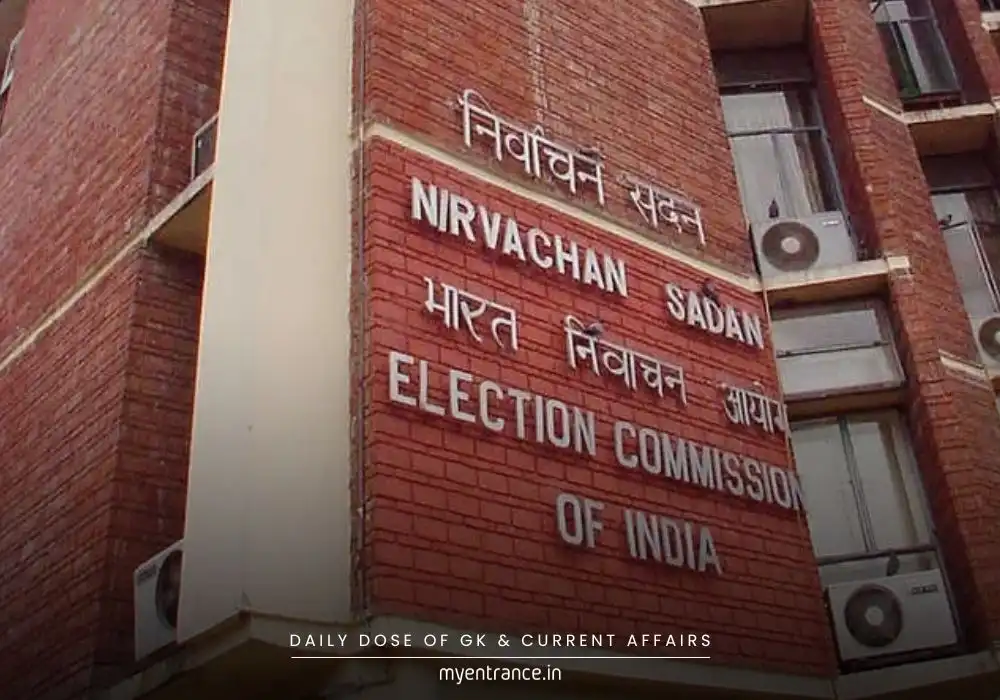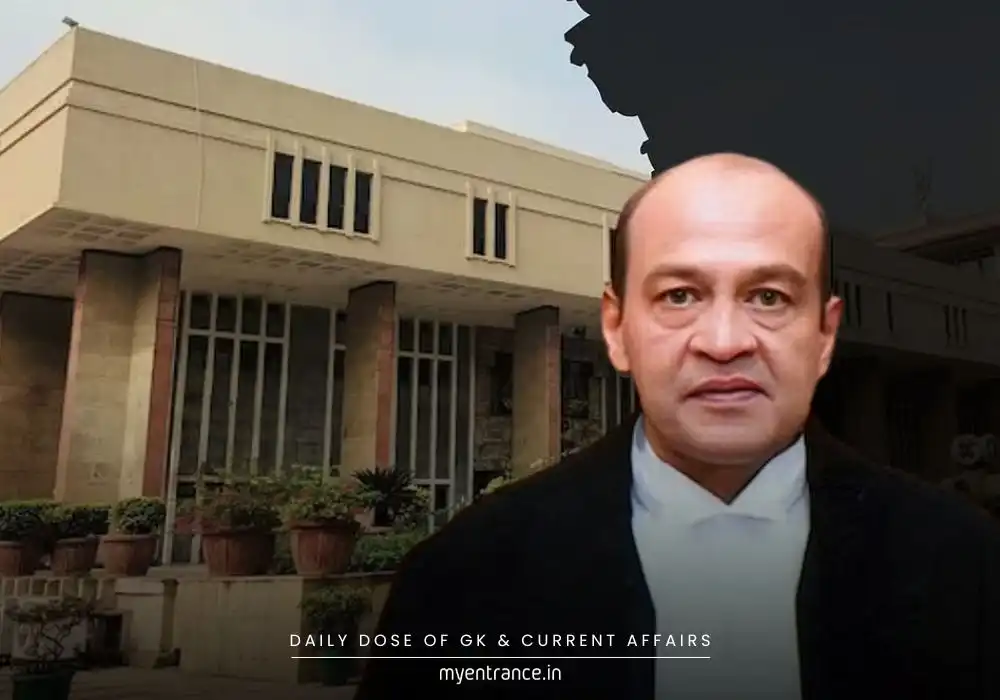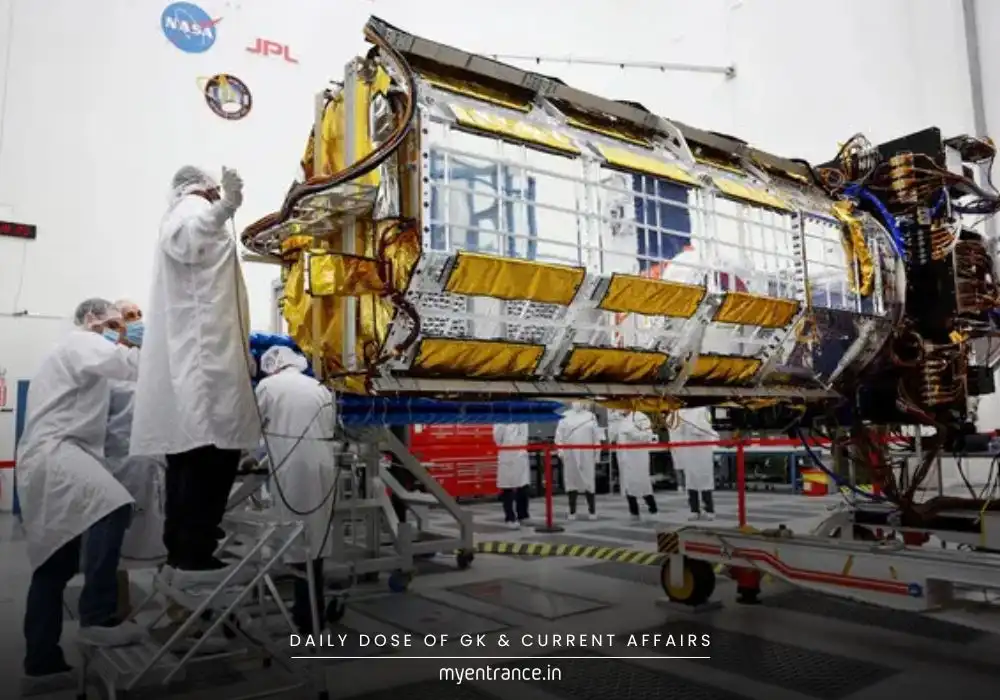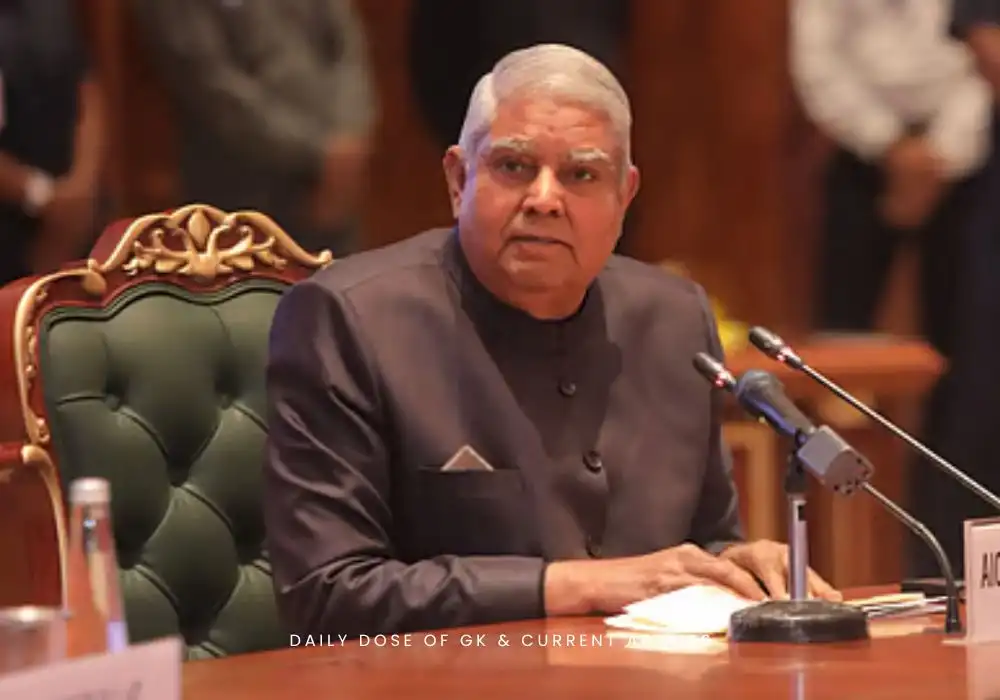Translate Language
US-Pakistan Handshake: What Does the “Phenomenal Partner” Tag Mean for India’s Security?
Recent high-level US-Pakistan engagements, including the visit of Pakistan’s Army Chief Asim Munir and the US designation of the TRF as a terror group, highlight the enduring, yet transactional, nature of their relationship. While publicly framed around counter-terrorism, these moves have significant ripple effects across South Asia, directly impacting India’s strategic calculus and foreign policy priorities. Understanding these nuances is vital for grasping contemporary geopolitics.
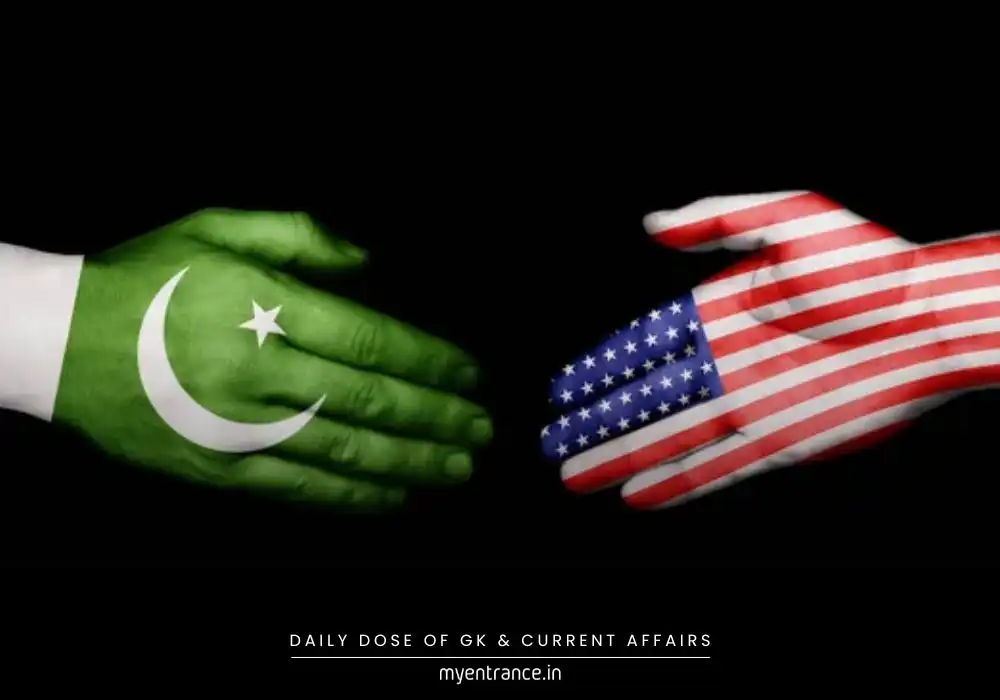
The recent warm reception of Pakistan’s Army Chief, General Asim Munir, in Washington, culminating in his public endorsement by CENTCOM chief General Kurilla as a “phenomenal partner,” underscores a persistent reality in South Asian geopolitics. Despite Pakistan’s well-documented history of leveraging militant groups as instruments of state policy, it continues to position itself – and be accepted, at least tactically – as a key US counter-terrorism ally in the region.
This dynamic exemplifies the fundamentally transactional core of the US-Pakistan relationship. It’s a partnership where short-term tactical needs often override long-term strategic inconsistencies. The US designation of The Resistance Front (TRF), a known offshoot of the banned Lashkar-e-Taiba (LeT), as a global terrorist organization during this period of engagement is telling. This move is more than just a counter-terrorism step; it’s a calibrated signal within a complex web of backchannel talks, shifting regional alliances, and ongoing defense cooperation discussions. It reflects an evolving US perspective: Pakistan is no longer viewed solely through the narrow lens of the Afghan conflict but increasingly as a flexible actor willing to deliver specific actions in exchange for support. The era of unconditional aid is over; cooperation now operates on a strict quid-pro-quo basis.
For India, these developments present a layered challenge and demand a clear-eyed, independent approach:
The Balancing Act: Washington’s strategic interests in South Asia often lead it to balance its ties between New Delhi and Islamabad. While robust US-India security cooperation remains strong, it coexists with this continued US engagement with Pakistan. India must remain vigilant, recognizing that US support, while valuable, comes with its own conditions and priorities. Washington will always act in its perceived national interest, even if it means playing a nuanced game with both South Asian rivals.
Asserting Strategic Autonomy: This environment makes India’s strategic autonomy paramount. Whether negotiating trade deals, discussing arms sales, or collaborating on counter-terrorism, India must engage with the US from a position of confidence, focused squarely on its own national interests. Avoiding dependency and resisting external pressure tactics (like leveraging tariffs or arms deals for concessions) is crucial. India’s foreign policy decisions must be driven by its own assessment of regional security and long-term goals, free from historical baggage.
Exploring Strategic Options: The shifting sands also open avenues for India to diversify its strategic engagements. The renewed interest from Russia and China in revitalizing the Russia-India-China (RIC) trilateral, while not as cohesive as NATO or QUAD, offers a potential counterbalance to Western influence. Engaging with such frameworks pragmatically, without ideological commitment, provides India greater diplomatic leverage and prevents over-reliance on any single power bloc.
Reimagining Non-Alignment: In this complex multipolar world, the core principles of the Non-Aligned Movement (NAM) gain fresh relevance – not the rigid Cold War version, but a modern, pragmatic approach. This means issue-based cooperation, flexibility in partnerships, and avoiding permanent entanglements that could compromise India’s freedom of action. India must craft its own narrative, independent of Western media filters or superpower coercion.
Prioritizing Regional Engagement: Crucially, India must intensify its efforts to build genuine partnerships within its own neighbourhood. Engaging South Asian neighbours as equal stakeholders, moving beyond historical disputes through strategic problem-solving rather than mere patience, is essential for long-term regional stability and India’s own security. A cooperative, integrated South Asia is the strongest bulwark against external manipulation.
The key takeaway for India is the imperative for pragmatic independence. Success lies in navigating great power rivalries with clear-eyed realism, asserting its own interests unapologetically, fostering regional cooperation, and remaining adaptable in a world where alliances are fluid and interests constantly evolve.
Get 3 Months Free Access for SSC, PSC, NIFT & NID
Boost your exam prep!
Use offer code WELCOME28 to get 3 months free subscription. Start preparing today!




